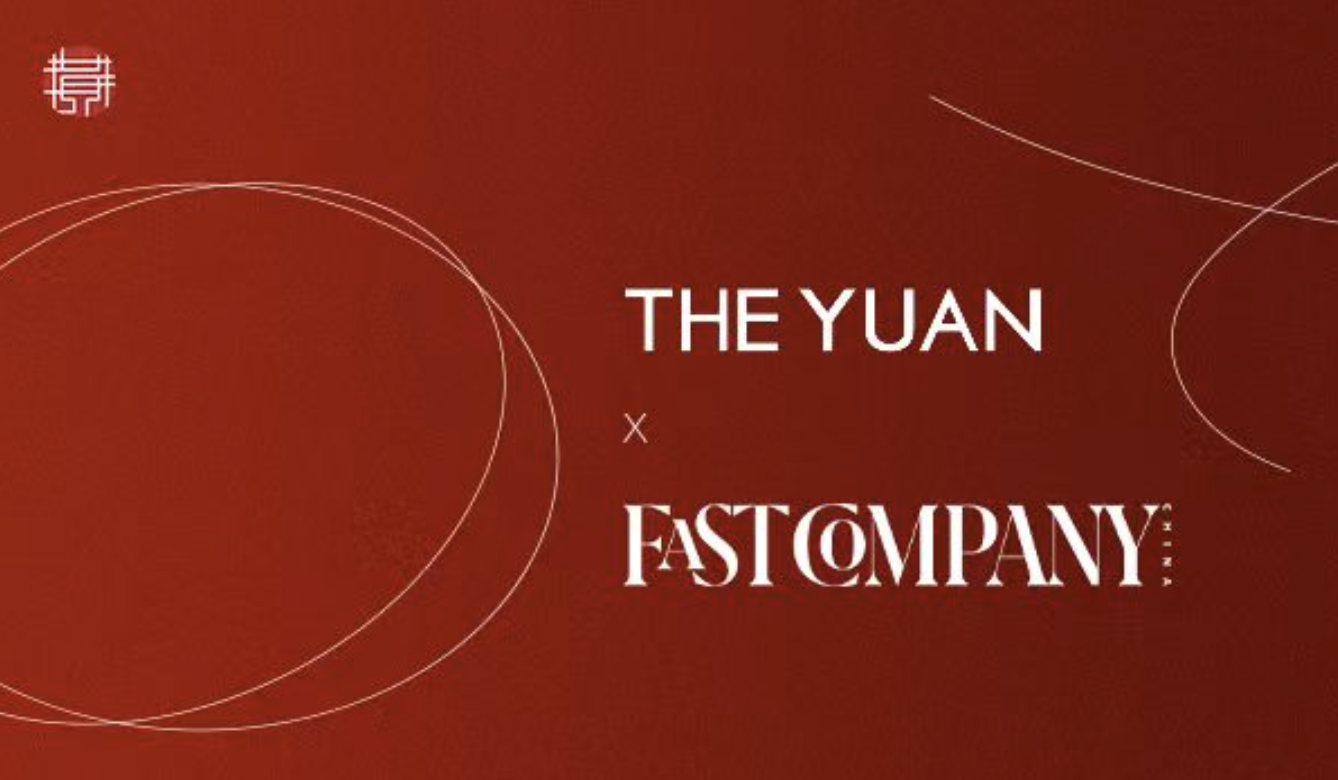


BERLIN - The United Nations recently hosted a riveting discussion titled Governing AI for Humanity. Amandeep Singh Gill - the UN Secretary General’s envoy on technology and someone who is no stranger to debates on tech safety - spearheaded the session. If his name rings a bell, it is probably because he once advocated regulating killer robots.
The seminar was filled with diverse voices, but one viewpoint that particularly stood out - and not necessarily in a good way - was that of Mustafa Suleyman, tech entrepreneur and co-founder of DeepMind Technologies (which Google bought). For those who may not recall, while at Google’s DeepMind Suleyman faced a series of accusations, and ended up relieved of some of his management responsibilities following complaints he bullied subordinates. These were not baseless accusations, either. Suleyman openly acknowledged them, admitting in a later interview that "I really screwed up.” The hurt he caused his colleagues was evident, and he expressed remorse for his actions. His departure from DeepMind in 2019 came under the shadow of this investigation, which was unrelated to other complaints. In his own words, Suleyman described his behavior as “very demanding and pretty relentless.”
This is not a flashback to his time at DeepMind, but a deeper dive into his latest sentiments on AI governance. Suleyman's take on AI was - to put it mildly - unorthodox. Over the past few weeks, he has been emphasizing that "what's coming is far more dramatic than most people realize," and reiterated this sentiment at the event. He painted a future where Big Tech companies - like the ones he has been a part of - should have a leading role in AI's regulatory processes.
Whil
The content herein is subject to copyright by The Yuan. All rights reserved. The content of the services is owned or licensed to The Yuan. Such content from The Yuan may be shared and reprinted but must clearly identify The Yuan as its original source. Content from a third-party copyright holder identified in the copyright notice contained in such third party’s content appearing in The Yuan must likewise be clearly labeled as such. Continue with Linkedin
Continue with Linkedin
 Continue with Google
Continue with Google










 1055 views
1055 views







